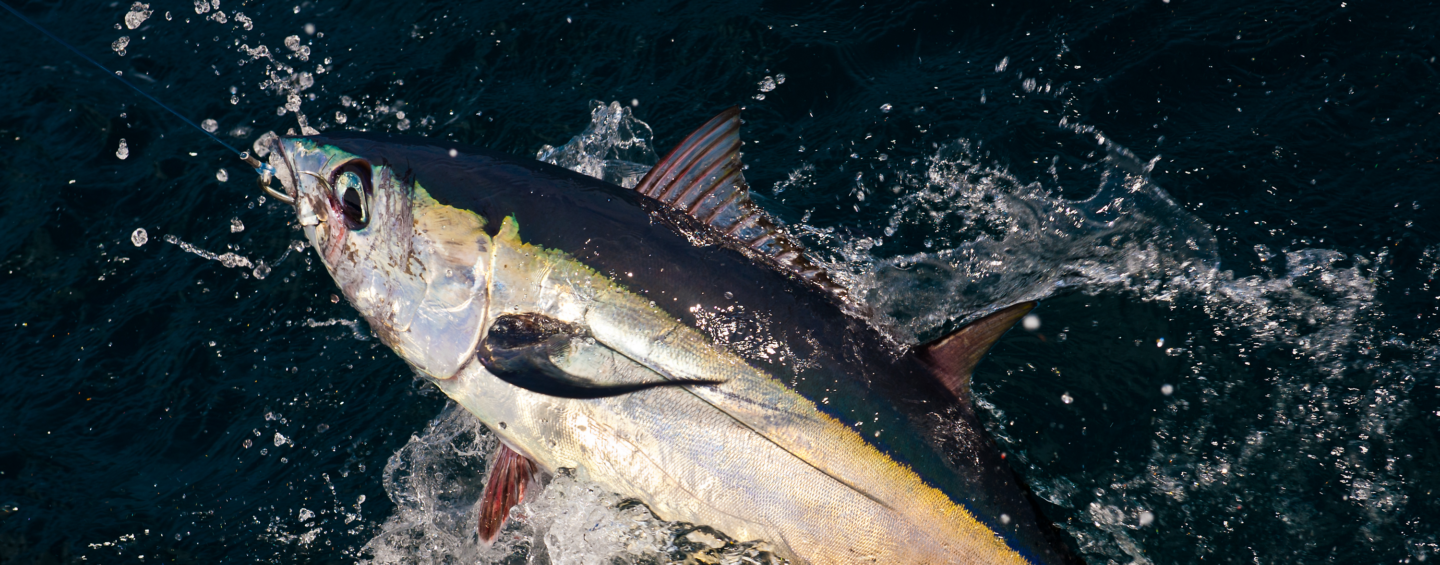Last week, SFP hosted our 5th European Fisheries Forum in Elche, Spain. Nearly 60 attendees representing the Spanish and UK industry, NGOs, and other stakeholders joined us for a day of presentations and discussions about global improvement efforts. SFP opened the forum by presenting on the vision that is Target 75 — an initiative that sets out to get 75 percent by volume of key seafood sectors to be sustainable or improving by 2020. When we talk about the initiative, it seems too ambitious to be possible, and you could tell the room felt daunted by the challenge.
To date, we’re at about 30 percent and that was largely driven by early efforts in whitefish and salmon, along with sustainable seafood commitments by UK and North American retailers that set out to improve the farms and fisheries in their own supply chains that weren’t yet ready to meet sustainability benchmarks. How do we get to the rest though?
During the forum, we heard about fishery improvement projects (FIPs) happening in jumbo flying squid, Japanese flying squid, sardine, octopus and blue shark, in locations including Peru, Morocco, Mauritania and China. At the end of the day it hit me – Target 75 is already happening! Sustainability projects are getting underway in fisheries and countries that once seemed far too difficult to engage.
As we discussed these projects throughout the day, three key challenges came up over and over again:
- Many of these fisheries are data deficient, there has been no documentation of stock levels, catch, etc.
- There is a lack of management and regulation of the fishery, and government needs to be engaged
- Lack of management of distant water fleets on the high seas
In all three of the scenarios above, the solution that every presenter described was that they built a bigger collaboration of stakeholders to get the attention of government or RFMOs. For blue shark, Emilio Fernandez of Espaderos del Atlantico described the hard work they did to bring together vessel owners and now 95 percent of the EU surface longline fleet is represented in the FIP. For jumbo flying squid, the Committee for the Sustainable Management of the Southern Pacific Jumbo Flying Squid (CALAMASUR) has been developed and includes Peruvian, Chilean and Ecuadorian representatives of the artisanal and industrial fishing and processing sectors.
Forming these collaborations among countries competing over the same fish stocks and vessels competing in the same market is not easy though. Emilio shared that the key for them was starting with a few leaders and then others followed.
If you’re a part of a supply chain roundtable or a FIP, or if you’re a major buyer with a sustainable seafood commitment, you are one of these leaders, and we need you to help us rally the seafood industry around Target 75. As we look to scale the improvement model globally, your voice is needed more than ever to amplify that this approach has worked for your business and that you are willing to get involved when coalitions are needed. If you’re a supplier, don’t just tell the customers you know will care – tell the ones who haven’t asked yet. Be transparent and public about your efforts so that your competitors take notice.
This is what it will take to reach Target 75. And if we keep working together, building and encouraging collaborations at scale to address challenges across entire fisheries or entire countries, we’ll get there sooner than we ever thought possible.

